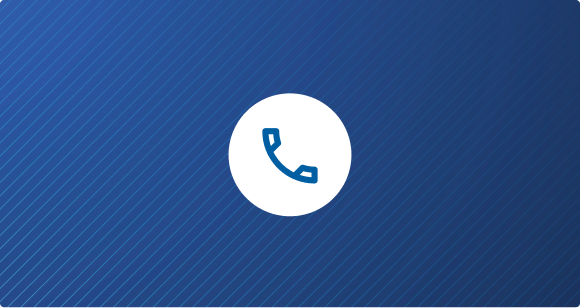Help is available to successfully overcome opioid addiction.
Research shows that, for some people, the integration of both behavioral and pharmacologic (medical) types of treatment is the most effective approach for overcoming opioid addiction.
A common misconception is that medications used in medication-assisted treatment (MAT) substitute one drug for another.
Find Treatment
Resources are available to assist you on your path to recovery. Enter your address, city or ZIP code to locate treatment centers nearest to you.
Find Quality Treatment for Substance Use Disorders
Guide for individuals seeking behavioral health treatment provides three necessary steps to complete prior to utilizing a treatment center and the five signs of a quality treatment center. Use these tools to find treatment options in your area:
Step-by-Step Treatment Guides
Information about the steps to take if you or someone you know has substance-use disorder.
Need help?

SAMHSA National Helpline
Get treatment referral and information about mental health and drug or alcohol use disorders, prevention, and recovery.

FindTreatment.gov
Millions of Americans have mental and substance use disorders. Find a comprehensive list of certified treatment programs across the United States.
